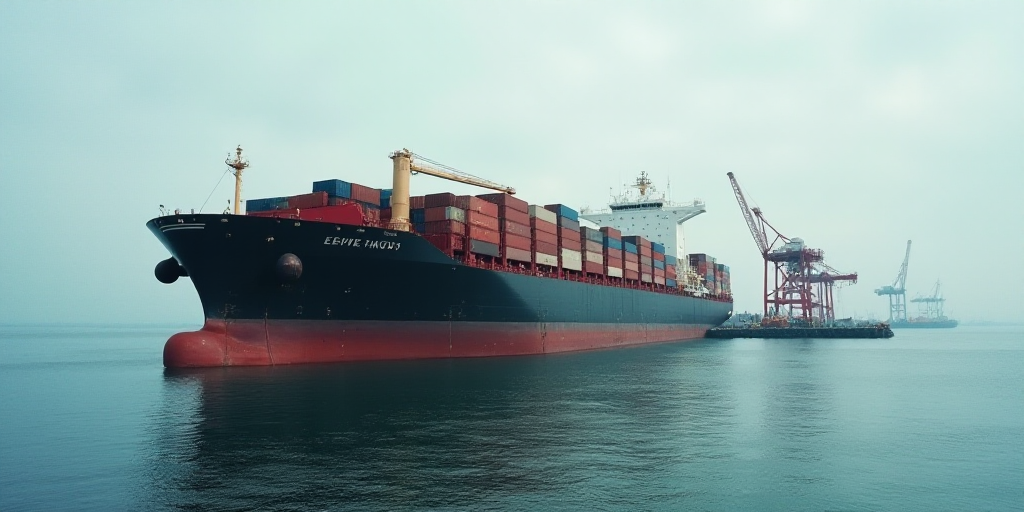Overview of the UNCTAD Report on Global FDI
The United Nations Conference on Trade and Development (UNCTAD) reported that global Foreign Direct Investment (FDI) fell by an annual rate of 11% in 2024, totaling $1.531 trillion in comparable terms.
Neutralizing Volatile Financial Transactions
To achieve this result, UNCTAD neutralized volatile financial transactions across various European economies with high levels of channeling flows that would have artificially inflated the data, leading to an 4% annual increase.
Second Consecutive Year of Double-Digit Decline
This marks the second consecutive year of double-digit decline. In 2023, global FDI flows dropped by 10%, excluding some large European gateway economies with significant investment flow variations.
Negative Outlook for International Investment in 2025
While moderate growth seemed possible earlier in the year, trade tensions have led to downward revisions of most IED outlook indicators, including GDP growth, capital formation, goods and services exports, currency and financial market volatility, and investor confidence.
Decline in Developed Economies
The global FDI decline was largely due to a 22% drop in these flows in developed economies, including a 58% fall in Europe. However, North America deviated from this trend with a 23% increase, led by the United States.
US FDI Inflows Increase
The United States saw an increase in FDI inflows to $279 billion, marking a 19.6% annual rise.
Impact of Tariffs and Investor Uncertainty
Although tariffs have led to some investment project announcements aimed at restructuring manufacturing supply chains, their primary effect has been a significant rise in investor uncertainty.
Preliminary Data for Q1 2025
Preliminary data for Q1 2025 shows historically low activity in agreements and projects. International project financing (IPF) continued its decline in 2024, with a 26% decrease in value, primarily due to ongoing uncertainty about exchange rates and interest rates affecting financing conditions.
Disproportionate Impact on Least Developed Countries
IPF constitutes a larger proportion of FDI in least developed countries (LDCs), making them more susceptible to the recession’s impact.
UNCTAD Warning on Development Goals
In its World Investment Report 2025, UNCTAD warned of the strong FDI decline’s impact on developing countries, hindering progress toward the Sustainable Development Goals (SDGs).
Upcoming FFD4 Conference
The report precedes the Fourth International Conference on Development Finance (FFD4), where global leaders will address the growing gap between capital flows and development needs.
Severe Reduction in Developed Economies
Investment has drastically reduced in developed economies, particularly in Europe. In developing countries, inflows appear stable overall, but this masks a deeper crisis: capital is stagnating or avoiding crucial sectors like infrastructure, energy, technology, and job-creating industries in many economies.






